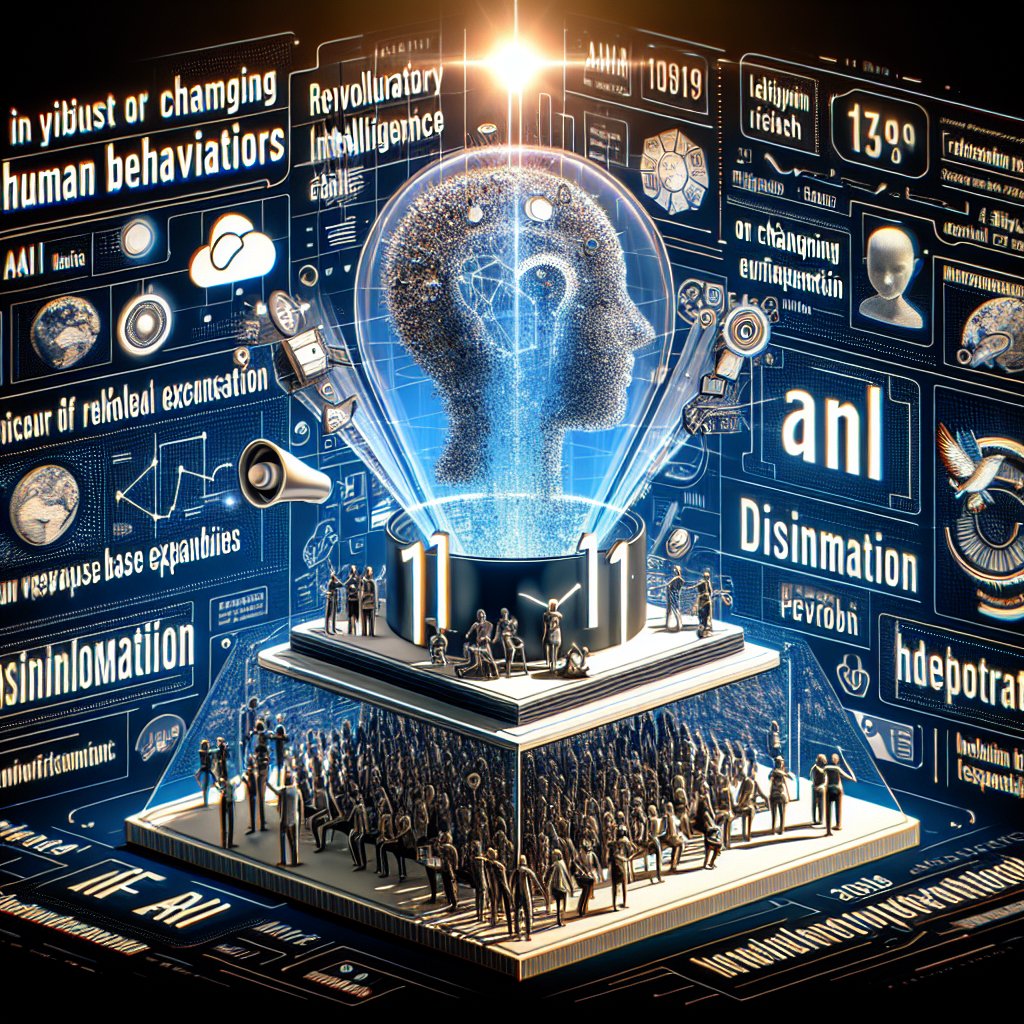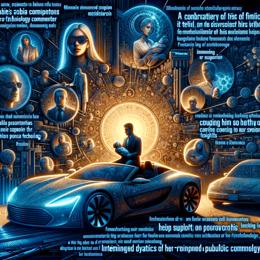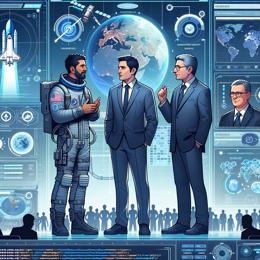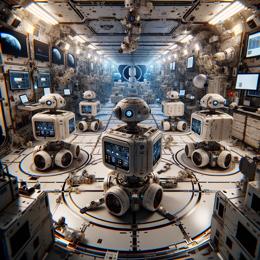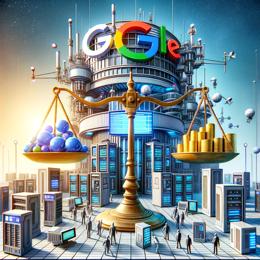Image: AI generated for illustration purposes
ChatGPT's Breakthrough Year: Unprecedented Growth and Emerging Challenges
ChatGPT, a name that riffled through the realms of cyberspace with unseen ferocity, turns one today. Since its inception on November 30, 2022, it has not only achieved viral status but also set the pace for what is deemed as Artificial Intelligence’s most definitive year so far.
This AI chatbot developed by OpenAI reached the zenith of consumer application’s user base expansion, with a record of 13 million unique visitors each day in January alone. With an interface that skillfully simulates human conversation, ChatGPT became an overnight sensation, its rapid adoption showcasing the draw of user-friendly tech design.
As an interface designed for natural interaction, ChatGPT rekindled the fascination of users with the essence of AI, which lies in its ability to mimic human intelligence convincingly. The profound impact ChatGPT has had on society extends beyond its tech specs: it has influenced new human behaviors and sparked an obligatory reference to AI across various platforms.
The chatbot's infection point in the tech industry is compared to revolutions brought by the likes of the iPhone, marking generative AI as the most significant platform since 2007. The surge in venture funding for AI startups and the widespread adoption across different levels in the business sector – from regular employees to the C-suite – signals a paradigm shift in operational workflows.
However, with such growth, major concerns arise. Issues associated with disinformation, fraud, intellectual property, and discrimination come to the forefront. The higher education sector, in particular, is gripped with concerns about cheating, urging academics to delve deeper into the implications of such technologies on academic integrity.
ChatGPT demonstrates the inception of an era where interface design is critical to the mass acceptance of new technologies. A parallel can be drawn with historic innovations such as the Macintosh, web browsers, and the iPhone. However, it's this very capability to generate convincing language that raises alarms about its potential misuse for creating false or misleading information.
As much as generative AI is laden with promises, it comes packaged with perils and a hype that must be navigated insightfully. This year has proven that technology can be both a promised revolution and a feared existential risk. Despite the skepticism, the technology sector experiences a hype that is often a byproduct of funding climates and media landscapes playing on human emotions.
While 2023 opened the floodgates for AI, the coming year might introduce a slowdown due to imminent technical and infrastructural limitations, along with the prospect of AI regulation. This expected deceleration might foster new behavioral norms around AI appropriateness and utility, as human interactions with these systems stabilize within daily workflows.
However, as the global political landscape braces for crucial elections in 2024, the utilization of AI for spreading misinformation is a looming concern. Actions like Meta's ban on generative AI for political advertising may only address part of the problem, emphasizing the need for vigilance in the digital realm.
As we celebrate the milestones of ChatGPT, it's also the time to reflect on the ingenuity of human enterprise and the weighty responsibility it brings along in shaping a future where technology amplifies our capabilities, yet guards our authenticity and truth.
